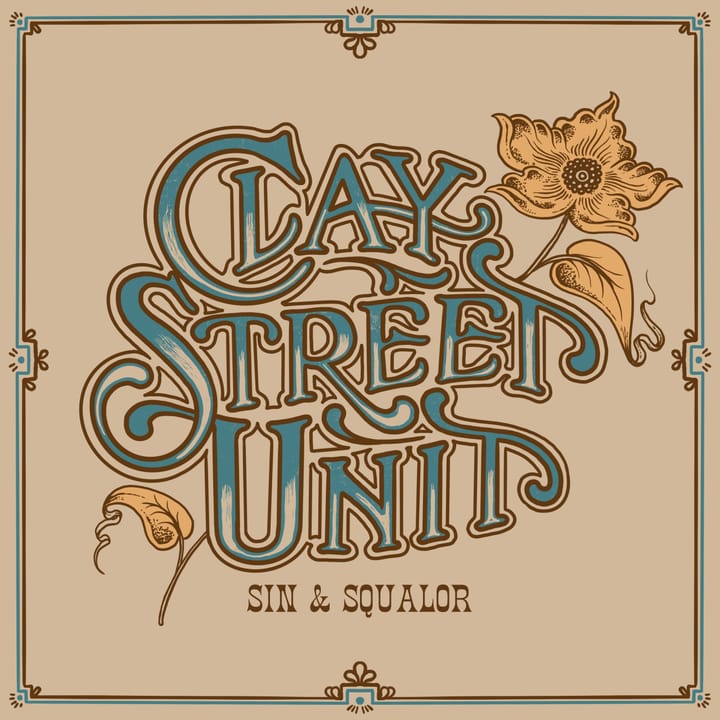Over six years before this often-fascinating set begins, the kid known as Ricky Nelson racked up some of the strongest sales figures the worlds of pop and rock have ever seen, with great singles including "Hello Mary Lou", "Travelin' Man" and "It's Late". There'd been doubters about the kid, among those who'd grown up seeing the "irrepressible Ricky" grow up, fictionally, in a special sort of parallel hell, week by week, on his parents' sitcom, "The Adventures Of Ozzie And Harriet". It was just the tremendous TV exposure, they'd say, that accounted for a no-account's bank account. This was not true, as John Fogerty and Bob Dylan would tell people.
Rick had a vulnerable but tough-enough turn on rockabilly and rock balladry that placed him among the more subtle, accomplished, and lasting singers of the era, and he had one of the best rock bands in existence, with James Burton on electric guitar leads. This box set of Nelson's lesser-known '60s adventures picks up at the point it was realized that the middle-sized label where he'd made all that money might not last, so he'd gotten a long-term contract with a major, Decca. (As we know, major labels go on forever.)
His mission was to figure how to keep making relevant music in a different era. He would pull this off, for the most part, evolving from a guy who looked liked a pouty, even-featured deer stuck in the headlights with a band good enough to be stolen by Elvis, into a longer-haired deer stuck in the headlights with a band good enough to be stolen by Linda Ronstadt.
The initial recordings here hold their own, in early '60s pop, Elvis Is Back style -- and that's a very good, proportioned sound to match. Then experiments begin. Some are swell; Rick can handle, it turns out, classic country or Ray Charles style soul balladry with aplomb and comfort. There are good versions of things such as "Truck Drivin' Man" before that was a cliche. He spots writers such as Tim Hardin and Randy Newman early, and handles their songs in a Bobby Darin-like mid-'60s pop style -- very Los Angeles. But he's soon getting lost in massive post-Beatles pop production, with which his capable but far from thick voice just can't compete.
It gets fixed when he brings in the steel guitar and drops the schlock. He puts together a proto-country-rock band, takes Dylan songs such as "She Belongs To Me" to the top of the pop charts, and writes ones for himself ("Easy To Be Free"). He's back. It's all here, stopping just short of his snippy "Garden Party" -- the bookend to his original autobiographical hit "Teenage Idol". Rick Nelson shouldn't be underestimated.




Comments ()